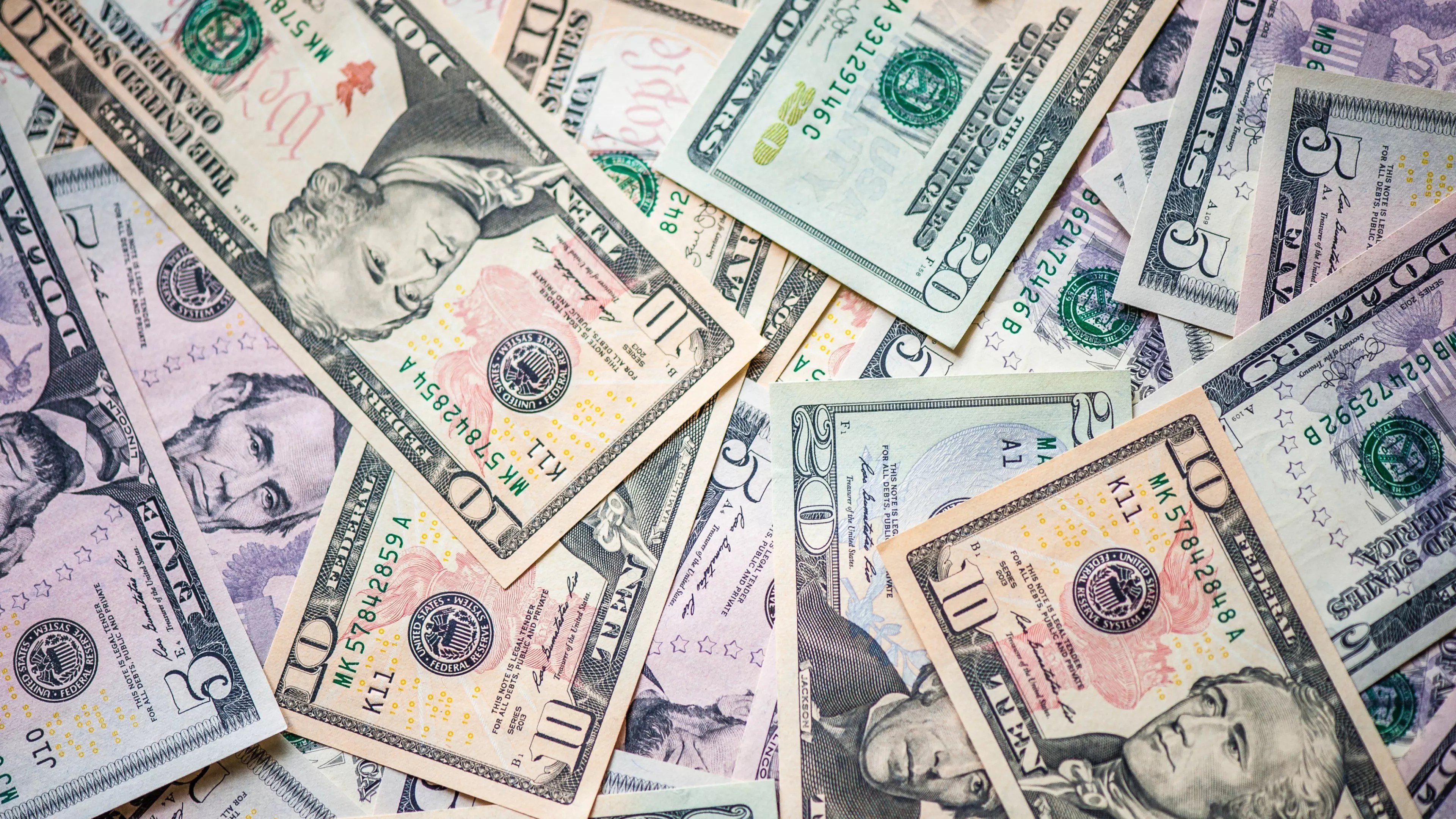
Photo by Alexander Schimmeck on Unsplash

Audio By Carbonatix
More and more money is pouring into the Denver mayor’s race, but the Fair Elections Fund has dried up…for now. On March 21, the Denver Clerk and Recorder’s Office authorized the last round of FEF payments for candidates in the April 4 municipal election, based on their February 28 finance reports.
For participating candidates, the fund had matched contributions from $5 to $50 at a nine-to-one ratio. The total payout so far: $7,118,105 out of the $8 million that was allocated per election cycle when Denver voters approved the 2018 ballot measure establishing the Fair Elections Fund. The measure was pushed by advocates who wanted to limit the influence of big money in Denver politics. Candidates who participate in the fund must agree to lower contribution limits and only take donations from individuals and small donor committees.
Kelly Brough was the sole mayoral candidate to max out her possible FEF take. She qualified for $750,000 – the limit for mayoral candidates – with 1,736 contribution matches. Another mayoral candidate, Mike Johnston, received $613,539 from the fund. Leslie Herod came in third, with $587,057.
Dozens of other candidates for municipal office, from Denver City Council to auditor, also collected FEF money, but the fund isn’t totally tapped out. That’s important, because numerous municipal races, including the mayor’s race, are almost certain to head to a runoff, which is required if no candidate gets more than 50 percent of the votes. (The exception: the at-large Denver City Council races, where the top two vote-getters simply win the two seats.)
In a runoff scenario, the top two vote-getters for each office move on to a June 6 vote, completing this election cycle. Under the rules, each Fair Elections Fund candidate in the runoff will receive 25 percent of the total FEF funding that they have received so far. If Brough makes it to the runoff, for example, she’ll be eligible for another $187,500 from the fund. If Johnson makes the runoff, he can collect $153,384. Candidates in runoffs for other offices will be allotted FEF money, as well, also at 25 percent of what they were awarded in the first round.
Some of the $8 million earmarked for the fund must go to its administration, which includes a handful of salaries in the Clerk and Recorder’s Office. The office isn’t sure yet how much that will take from the remaining funds. “I’m sorry; we’re still calculating costs. Checks went out and candidates are returning money, so it’s a moving target,” says Lucille Wenegieme, a spokesperson for the Clerk and Recorder’s Office.
While those costs and the runoff payments could come close to maxing out the $8 million, the fund is slated for some reimbursements. Candidates who have Fair Elections Fund money that they don’t plan to spend need to return it, which will help replenish the fund. Councilman Paul Kashmann, who signed up to participate before he realized he was running unopposed in District 6, has already announced that he’s returning all $85,455 of the matching funds he’s received this election cycle.
“I’m pleased to be able to return a large chunk of money to the Fair Elections Fund for other candidates to access as needed in the runoff,” says Kashmann, who only planned to use the public dollars if he were challenged and had to run a competitive campaign. “I am in full support of policies that help to blunt the historic impact of big donors over the average Denver resident. We have more work to do in that regard, but we’re off to a good start.”
Jamie Torres, the current Denver City Council president who is running for re-election in District 3, is also unopposed. Unlike Kashmann, she spent most of her Fair Elections Fund dollars, and will be returning only about $10,0000 of the $62,415 she received.
And Kwame Spearman, the first Denver mayoral candidate to drop out of the race, plans to return his unspent Fair Elections Fund money. He took in a total of $188,406 from the fund, but isn’t sure how much is left. “We won’t know that for a week or so. We still have invoices outstanding that we need to pay,” Spearman says.
Candidates who stay in the race through April 4 but don’t make the runoff will have to return any unspent FEF money. But judging from the flood of mailings and commercials right now in a mayoral race that is still wide open, the city can’t count on getting much of that back.